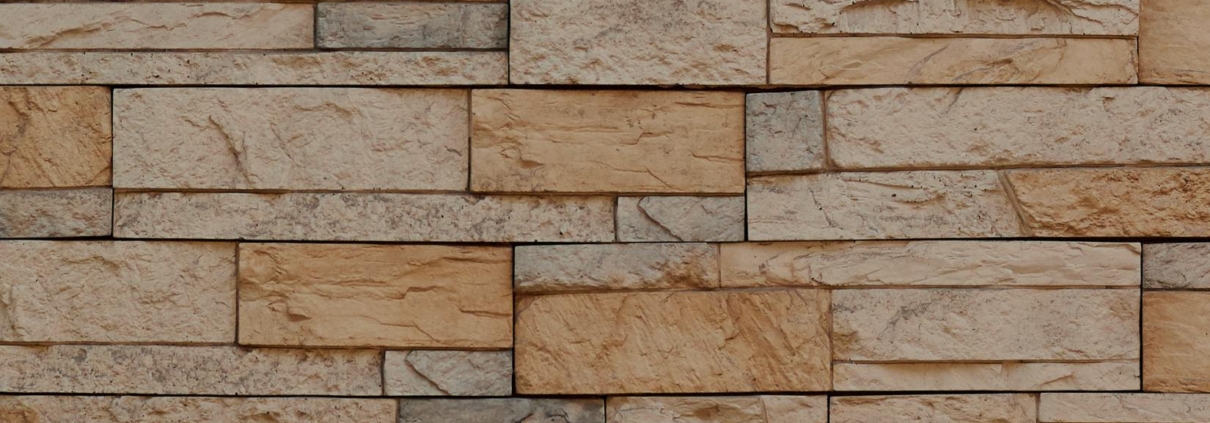The Impact of Climate on Masonry Work in Toronto
Toronto’s unique climate presents specific challenges for masonry work, affecting everything from material selection to construction techniques. With its cold winters, hot summers, and frequent freeze-thaw cycles, the city’s weather conditions can significantly impact the durability and longevity of masonry structures. Understanding how climate influences masonry work is essential for ensuring that buildings remain safe, durable, and aesthetically pleasing.
Understanding Toronto’s Climate
Toronto experiences a humid continental climate, characterized by warm, humid summers and cold, snowy winters. The city is also subject to significant temperature fluctuations throughout the year, with seasonal transitions often bringing about rapid changes in weather conditions. These climate characteristics can lead to several challenges for masonry structures:
- Freeze-Thaw Cycles: During the winter, temperatures in Toronto frequently drop below freezing, only to rise again during the day. This cycle of freezing and thawing can cause significant damage to masonry structures. Water that enters cracks or pores in the masonry materials can freeze, expand, and cause the material to crack or spall. Over time, repeated freeze-thaw cycles can weaken the structure, leading to more severe damage.
- Moisture Penetration: Toronto’s climate is also characterized by high levels of precipitation, particularly in the spring and summer months. Rain, snow, and ice can lead to moisture penetration in masonry structures, which can result in problems like efflorescence (the white powdery deposits that form on brick surfaces), mold growth, and deterioration of mortar joints. Moisture-related issues are particularly concerning in older buildings, where mortar and brick may be more porous.
- Heat and UV Exposure: The hot summers in Toronto can cause masonry materials to expand, leading to potential cracks and other forms of structural stress. Additionally, prolonged exposure to UV radiation can cause the color of bricks and stones to fade over time, affecting the aesthetic appearance of the building.
Strategies for Mitigating Climate Impact on Masonry
To address the challenges posed by Toronto’s climate, masonry contractors and builders must implement strategies that enhance the durability and resilience of masonry structures. Some of the most effective strategies include:
- Selecting Climate-Appropriate Materials: Choosing the right materials is crucial for building masonry structures that can withstand Toronto’s climate. For example, using dense, low-porosity bricks and stones can help reduce moisture penetration. Additionally, using high-quality, flexible mortar can accommodate the movement of masonry materials caused by temperature changes without cracking.
- Proper Insulation and Drainage: Insulating masonry walls can help reduce the effects of temperature fluctuations, while proper drainage systems can prevent water from accumulating and penetrating the masonry. Installing vapor barriers and weep holes can also help manage moisture levels and prevent water-related damage.
- Regular Maintenance: Routine maintenance is essential for preserving the integrity of masonry structures in Toronto’s climate. This includes regular inspections to identify and repair cracks, repointing mortar joints as needed, and applying sealants to protect against moisture and UV exposure. Addressing minor issues promptly can prevent them from becoming major problems.
- Use of Advanced Construction Techniques: Modern construction techniques, such as using insulated concrete forms (ICFs) or incorporating expansion joints, can help mitigate the effects of temperature changes and prevent structural damage. These techniques are particularly useful in new construction projects but can also be applied during renovations or repairs.
Case Study: Masonry Adaptations in a Harsh Climate
Consider a historic building in Toronto that underwent a masonry restoration project. The building, constructed over a century ago, had suffered from extensive freeze-thaw damage, with spalling bricks, deteriorating mortar, and moisture infiltration. The restoration project involved several key steps to address the climate-related damage:
- Material Replacement: The most damaged bricks were replaced with new, low-porosity bricks that were better suited to withstand Toronto’s freeze-thaw cycles. The mortar was also repointed using a flexible, weather-resistant mix.
- Moisture Control: The building’s drainage system was upgraded, and vapor barriers were installed to prevent moisture from penetrating the walls. Additionally, the exterior surfaces were treated with a breathable sealant to protect against water and UV damage without trapping moisture inside.
- Regular Monitoring: Post-restoration, the building is now subject to regular inspections and maintenance to ensure that any emerging issues are addressed quickly. This proactive approach helps extend the life of the masonry and preserve the building’s historic character.
The Future of Masonry in Toronto’s Climate
As climate change continues to impact weather patterns, the challenges posed by Toronto’s climate on masonry work are likely to increase. More extreme temperature fluctuations, heavier precipitation, and prolonged heatwaves could exacerbate the issues faced by masonry structures. However, advancements in materials science, construction techniques, and maintenance practices will play a crucial role in adapting masonry work to these changing conditions.
For homeowners and builders in Toronto, understanding the impact of climate on masonry is essential for making informed decisions about construction and maintenance. By choosing the right materials, employing climate-appropriate techniques, and staying vigilant with regular maintenance, it’s possible to create masonry structures that stand the test of time, even in challenging environments.
Contact Us
If you’re concerned about the impact of Toronto’s climate on your masonry, visit Red Robin Masonry or call us at (416) 206-8859. Our team of experts is here to help you with all your masonry needs, from new construction to restoration and maintenance.



